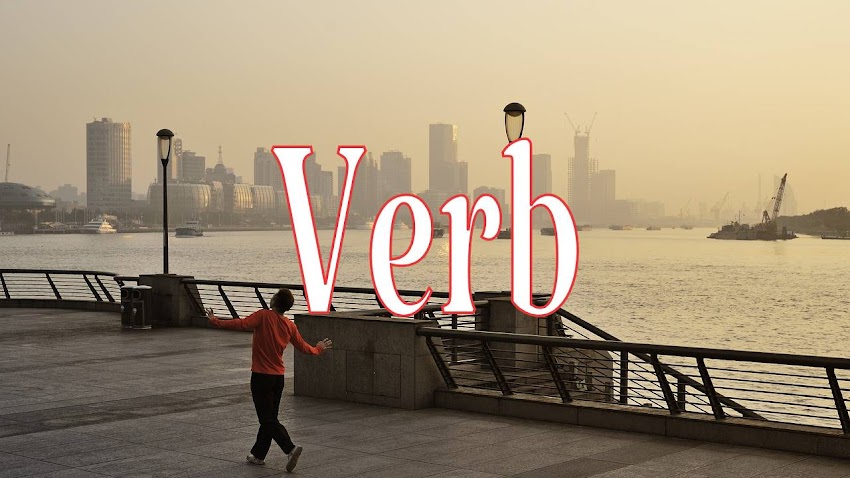Showing posts with label V. Show all posts
Showing posts with label V. Show all posts
Vocative
By
Azora Koice
V
Vocatives are the words we use to name or to refer to people when talking to them. They help us to be friendly or respectful : (a) Friendly and familiar …
Read more »
Verbless clause
By
Azora Koice
V
A verbless clause is a clause with no verb Why do we call it a clause? (a) Because it has the meaning of a clause, and (b) Because it can have elements…
Read more »
Verb patterns
By
Azora Koice
V
The MAIN VERB of a CLAUSE can be followed by various elements which complete its meaning. These elements form verb patterns . [For similar patterns following …
Read more »
Vowels
By
Azora Koice
V
The basic vowel letters of the alphabet are a , e , i , o , and u . But there're many more vowel sounds in English. You can find out more in this blog.
Read more »
Voice
By
Azora Koice
V
Voice is a grammatical term. Verbs have an active voice and a passive voice . Example: Active voice: A cat bit a mouse. Passive voice: A mouse was…
Read more »
Very
By
Azora Koice
V
Very is either an adverb of degree or adjective. As an adverb it means "to a high degree", and it comes before the word it applies to. Example: …
Read more »
Verb
By
Azora Koice
V
To find out about verbs, look up the words in small capitals in the following summary. Funny video about verbs in English. 1. Verbs are a word class divided…
Read more »
Search
Latest
7-latest-65px
Sections
Popular Posts
-
The object pronouns in English are me , her , him , us , and them . They are special forms of the personal pronouns used, among other thi...
-
How to give someone advice? In giving advice, these patterns are useful: 1. If I were you, I'd + verb ... 2. Why don't you ...
-
In English phrases , there is usually one word which is the main word in the phrase, and we can add one or more modifiers to this to speci...
-
Very is either an adverb of degree or adjective. As an adverb it means "to a high degree", and it comes before the word it app...
-
We often omit the relative pronoun " that " at the beginning of a relative clause. Example: He missed a girl ( that ) he used to...











